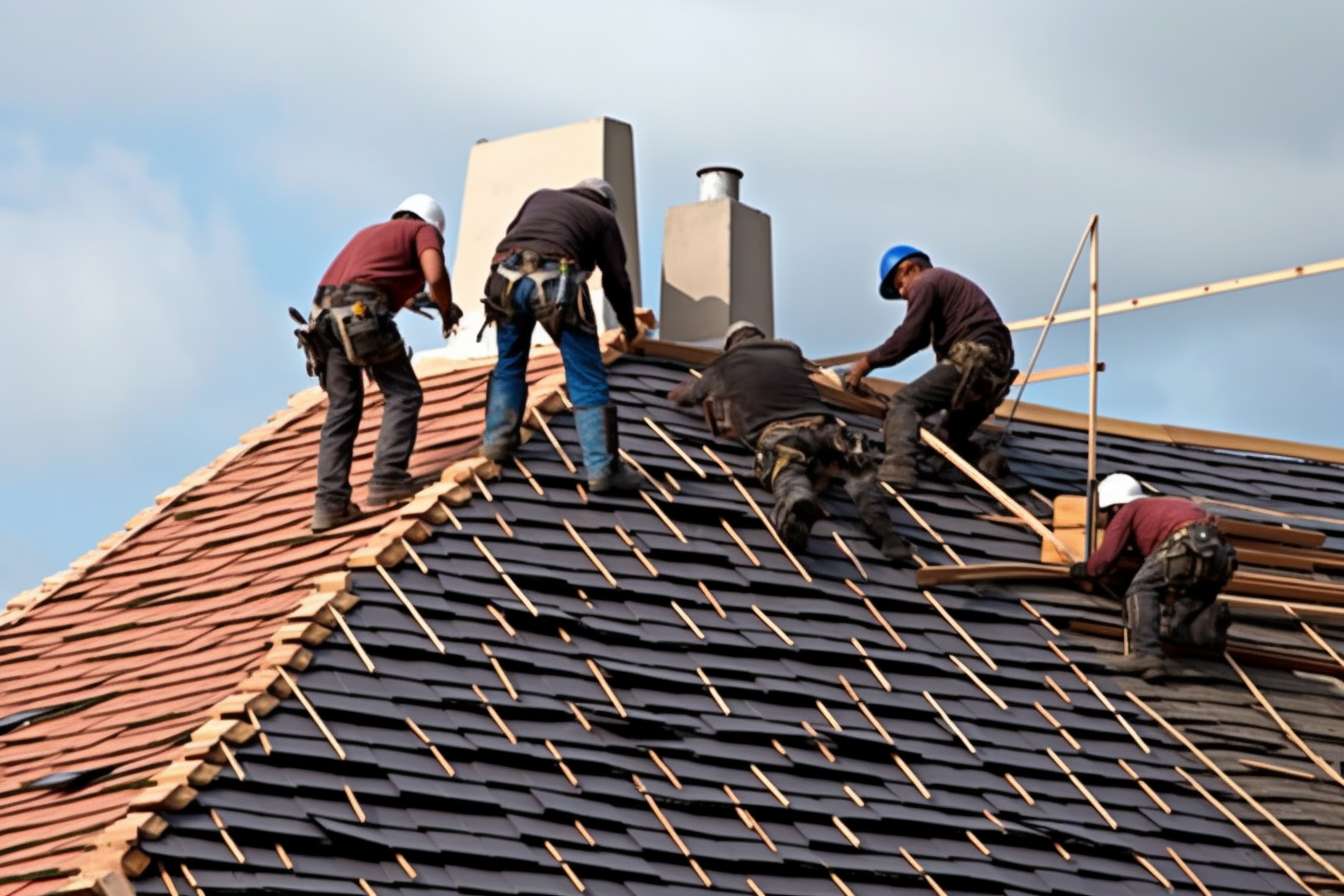Window Replacement Jobs in France: Roles, Skills, and Career Paths
Window replacement is a practical trade that connects hands-on installation with building performance and energy efficiency. This article outlines common roles in the field, the specific context in France, the skills and training that support a long-term career, what installation work entails, and how window replacement fits into the broader construction sector. It does not list current job openings or guarantee availability of specific positions in any location.

What roles are included in window replacement?
Window replacement work spans a range of roles from on-site installers to estimators and supervisors. Installers remove old frames, fit new windows, and seal and finish openings. Fitters and glaziers focus on glass handling and glazing techniques. Project supervisors coordinate teams and schedules, while estimators prepare quotes and material lists. Smaller businesses may require workers to perform multiple roles, and some larger firms separate duties into specialized positions. Many roles require familiarity with tools, safety procedures, and the ability to read basic plans and specifications.
How does the market look in France?
The French building sector places attention on energy performance, renovation, and compliance with thermal regulations, which influences demand for window replacement and retrofit work. Local services include installers working with timber, PVC, aluminium, or composite frames, and companies that specialise in double- or triple-glazing upgrades. Demand for renovation and energy-efficient upgrades can be regional and cyclical, tied to government incentives, local renovation programs, and broader construction activity. This article offers guidance on roles and skills but does not provide specific job listings or claim that openings are currently available in any particular area.
What skills build a sustainable career?
A sustainable career in window replacement combines technical skills and soft skills. Technical competencies include safe use of power tools, measuring and levelling, frame and glass handling, sealing techniques, and basic carpentry or metalwork depending on the frame material. Knowledge of insulation and weatherproofing helps with energy-performance upgrades. Soft skills such as client communication, time management, reliability, and problem-solving are important for service-based work. In France, vocational training, apprenticeships, and certificates can support entry-level employment, while on-the-job experience and additional certifications can lead to supervisory roles or self-employment.
What does installation work involve?
Installation typically begins with site assessment and removal of existing elements. Installers ensure the opening is square and prepared, fit the new frame, level and secure it, install glazing units, and apply insulation and sealants to prevent air or water infiltration. Finishing work may include interior trim, exterior flashing, and checking for smooth operation. Safety considerations include safe glass handling, fall protection for working at height, and correct use of manual and powered lifting equipment. Working with local services often means coordinating with other trades — plasterers, carpenters, and roofers — to ensure a complete renovation or retrofit.
How does this fit within construction trades?
Window replacement is a specialist activity within the renovation and building trades. It frequently overlaps with joinery, glazing, and building envelope work and contributes directly to a property’s energy performance and comfort. Contractors in construction often subcontract window replacement to specialist firms, or maintain in-house crews for larger projects. For those considering a career shift, experience in related trades (carpentry, glazing, or general construction) can ease transition. Understanding regulatory aspects — such as building codes, thermal performance standards, and warranty practices — is useful for working with architects, insurers, and local authorities.
How to find training and work, and what to expect about availability
Training routes commonly include apprenticeships, vocational certificates, and short professional courses that teach measuring, fitting, glazing, and sealing. Employers may seek candidates who can demonstrate practical experience, a willingness to work outdoors and at height, and basic literacy for reading job sheets and safety documents. To locate roles, consider local services, construction firms, manufacturers, and trade associations; job boards and apprenticeship platforms may list openings. Note that this article does not provide live job listings and does not imply there are specific openings in France. Availability of jobs varies by region, season, and economic conditions; prospective job-seekers should verify current market conditions and openings independently.
Conclusion
Window replacement jobs combine practical installation work with opportunities in renovation, energy-efficiency upgrades, and building maintenance. The field offers entry points through vocational training and on-the-job experience, and it sits at the intersection of glazier, joinery, and construction trades. For accurate information on current job openings, wages, and training providers in your area, consult local services, accredited training centers, and verified job platforms rather than relying on general summaries.






